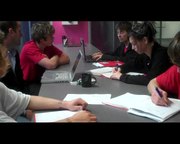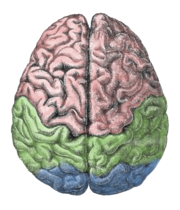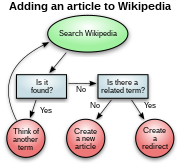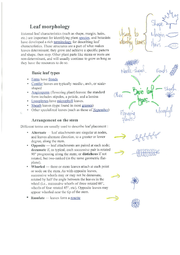Albany Senior High School/Tutorials
Contents
What are tutorials?
Tutorials are wrap-around support for learning. Your tutor and the other members of your tutorial group are there to help you raise your achievement across all of your learning at school. Tutorials are a place for you to build your abilities as an independent learner: during the week you spend lots of time with your teachers leading your learning, but during tutorials you and your tutor work to build your skills to lead your own learning.
Respect
- Respecting students and their families
- Respecting the unique contribution each student can make to our learning community
Responsivity
- Meeting the needs of all learners in our tutor group
- Ensuring everyone is challenged to a level that is appropriate to them
Research
- Knowing all our students' learning information and needs
- Profiling our tutorial groups
Building Learning Power
Professor Guy Claxton talks about 'the learning power mind':
Resourcefulness
Being ready, willing and able to learn in different ways.
- Develop a set of study notes: set a wide margin when taking notes, then go back and turn the written words into diagrams, cartoons, colourful flowcharts etc.
- Glossary lists. Go through the material you have been covering in class and compile a list of useful terms/words. Turn this into a glossary by writing definitions for each of the words. Which ones can you write good, accurate definitions for? Which ones don't you know very well?
- Turn a bullet point list or a set of notes into a Mindmap from memory. Can you identify all of the subtopics and key points without looking at your notes?
- Prepare for your next class: http://www.studygs.net/classrm.htm
- Practise taking notes from discussions or explanations: http://www.studygs.net/lcturnote.htm
- Active note-taking
Resilience
Being ready, willing and able to lock onto learning.
- Practise, practise, practise: download previous years' exam papers and answer the questions together.
- Work on your time management: http://www.studygs.net/timman.htm
Improve your spelling:
- http://www.studygs.net/vocab/index.htm
- Freerice.com
Reflectiveness
Being ready, willing and able to become more strategic about learning.
- Making wrongs right: look through your recent learning for answers that were marked wrong. Why were they wrong? Do you know the right answers for each of them?
- Flashcards: work with a partner to build a set of flash cards for a topic. Try to come up with 10 different terms and definitions each.
- Question the questions: analyse a question from a previous year's exam paper. Underline the key words. What is the question asking you to do? What is it not asking you to do? What traps might people fall into when answering this question?
- Use feedback from your teachers: http://www.studygs.net/feedback.htm
Learning as Inquiry
All learners are at different stages in their journey to become better learners. Therefore, all learners need to focus on different things at different times in order to increase their ability to learn. One of the most effective ways to make good long-term progress as a learner is to set and achieve a series of smaller, shorter term goals rather than one huge goal. In order to set these smaller goals, you need to ask questions about your learning and where you are at, such as 'What is important (and therefore worth spending time on) given where I am at in my learning?' This process of asking questions, setting short-term, achievable goals and working to achieve them is called 'Learning as Inquiry'. All students at Albany Senior High School will use an e-portfolio to document their learning as inquiry cycle.
Reciprocity
Being ready, willing and able to learn alone and with others.
- Modelling: do an exercise to show your partner how to do it, then get them to complete one themselves.
- Demonstrating: summarise step-by-step how to complete and activity. Or break it down into a flow diagram. Have your partner complete the task using your flow diagram.
- Write sample questions: with a partner, write sample questions (with answers) and swap them. Complete the task and compare answers. Did you agree? Disagree?
- Use 'question time': work with a partner and write down as many questions as you can about the topic. How many can you answer together using the resources you have available to you?
Be a mentor
How do mentors make a lasting impression? Seasoned mentors and educators share their tips:
- Be enthusiastic and passionate. Motivated mentors make for motivated kids.
- Be organized, detailed, and flexible. Keep students engaged by adapting to their individual needs.
- Give students your full time and attention. Get to know them to make a real connection.
- Develop a manageable but usable project. Make it easy to create but not easy to waste.
- Encourage students to share with others. This builds a sense of community.
- Finally, just be yourself.
- Peer tutoring. Find someone taking the same subjects as you. Find something they know about that you want to learn and vice-versa. One great way to learn more about something is to teach it to another person. http://www.studygs.net/tutoring.htm
- Cooperative learning: http://www.studygs.net/cooplearn.htm
- Active listening: http://www.studygs.net/listening.htm
- Share guided notes with someone: http://www.studygs.net/guidednotes.htm



